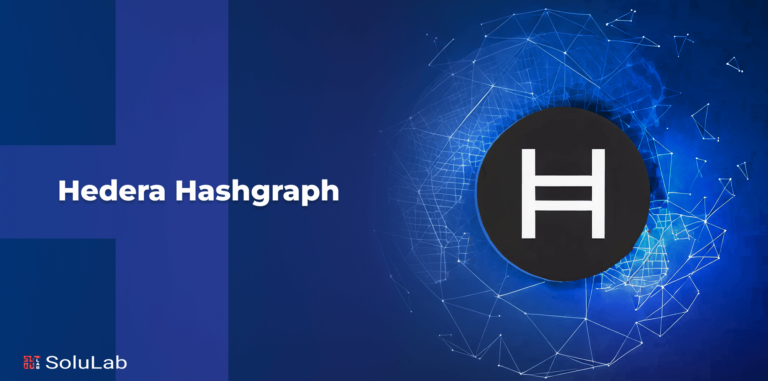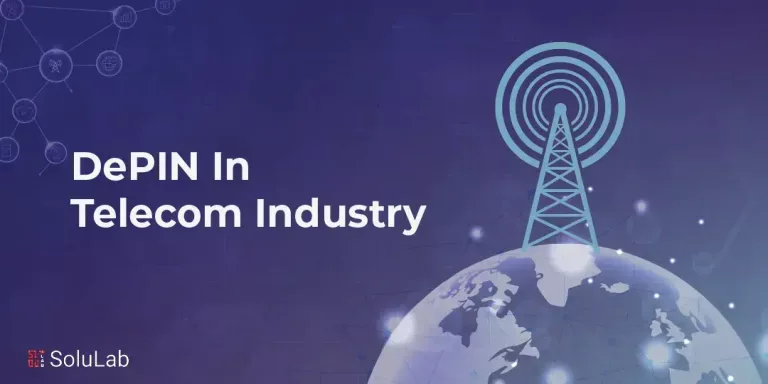“Blockchain” is one of the most popular buzzwords in the world of medical technology. Among a slew of cutting-edge technologies, blockchain stands out for its enormous potential in the telemedicine business, particularly for efficient health care in general.
In some respects, blockchain has made electronic health records more patient-centric. The decentralized data storage model allows patients to receive simple and rapid access to medical data from many providers, making the patient’s journey more rewarding.
Blockchain can transform healthcare. With its full implementation, patients may be prioritized at the heart of all operations, completely revamped with improved security, privacy, and accessibility.
Blockchain makes it almost hard to imitate, distort, or otherwise fabricate data since it is accurate, secure, and a catalyst for full responsibility. This offers a plethora of possibilities, the most important of which is the interchange, storage, and access of data between linked parties.
Another compelling feature of blockchain is its use in medical staff certification verification.
Blockchain - A game changer in healthcare
Because blockchain is open and safe, it may be used in the medical business in several ways, dramatically decreasing prices and new methods for people to obtain treatment.
When combined with the compounding nature of data and invention, futureproofing technology may be used to generate an age of growth and innovation.
Pioneering firms are already laying the groundwork for a blockchain revolution.
Better transparency and privacy
Blockchain networks enable enterprises to create both openness and privacy, which aids in concealing critical patient data. Patients have access to their records and the data ledger, allowing them to know who is seeing their information. This alleviates the stress of wondering whether third parties are obtaining access to sensitive information and may aid in the restoration of confidence that has been eroded as a result of previous data breaches.
Attackers would need huge computing powers to target a blockchain-powered network, drastically restricting the frequency, likelihood, and efficacy of such assaults.
With a data-driven, patient-centric network, blockchain has transformed the medical scene. It provides best-in-class security for all linked data and parties while allowing close and simple contact with responsible parties.
Reports in real-time
Remote gadgets powered by blockchain are connected to a bigger patient center that houses all patient data. This lets healthcare practitioners more easily access all of a patient’s facts, delivering more accurate individualized treatment for each patient.
These gadgets monitor blood pressure and pulse and give information that may be used to diagnose sleep apnea, narcolepsy, and even epileptic seizures. This information is essential for physicians since it allows them to monitor their patients in real-time to ensure that everything is under control.
Improved security
The most obvious advantage of blockchain-powered gadgets is the increased security they give. Blockchain is a more user-friendly security alternative for providers, and the apps they supply store data in more fragmented systems that are more difficult for hackers to access. Many hospitals nowadays have antiquated security systems and no specific personnel to guarantee that the system is functioning correctly.
Improves the management of patient cases
Blockchains can enhance the management of patient cases. Once a patient sees a physician and a treatment plan is produced, the treatment plan may be added to the blockchain ledger as part of the patient’s medical record. Then, a smart contract may be formed using all of the patient’s case management information. The contract establishes the framework for the patient’s treatment objectives and the smart contract’s criteria for monitoring and assessing the patient’s progress.
When a patient’s information is put to the blockchain, it may provide historical data on how the treatment was supplied and received. The health information is collected via wearable monitoring devices and social media platforms and then uploaded to the patient’s blockchain ledger, providing another degree of value. Smart contracts may once again be used to monitor a patient’s progress toward their health objectives.
Decreased complexity and expense
Older monitoring equipment might be somewhat complex. Some are implanted, networked gadgets that may be readily hacked and outdated. Hospitals lose hundreds of dollars to each patient when their gadgets are hacked, in addition to the physical expense of the outdated equipment.
The enhanced security of blockchain-powered gadgets keeps their costs substantially lower than traditional devices, and they are far less sophisticated. The fact that they are user-friendly implies that there will be less human error, which will benefit both patients and clinicians.
Drug development and the integrity of the supply chain
Blockchain in healthcare can increase supply chain traceability and transparency by providing the big picture and minute details of every pharmaceutical transaction. Blockchain technology is already being used by companies like IBM, Walmart, and UPS to enhance supply chain integrity.
If supply data is stored on a blockchain, patients may receive real-time information on any medicine from its manufacturing until delivery at a retail pharmacy. Whether it’s a patient’s health record or a pharmaceutical moving through the supply chain, blockchains have the potential to transform the system from disparate data pieces controlled by a single organization to the life history of any resource.
Blockchain technology is being used in vaccine manufacturing and tracking
In vaccination monitoring and delivery, blockchain technology has numerous key potential applications. In a world where counterfeiters are known to create and sell fake vaccinations, blockchain allows the legitimacy of vaccine shipments to be confirmed and their distribution to be tracked to guarantee they arrive at their intended places.
Breakthroughs from this pandemic’s unusual reaction are anticipated to allow new use cases for blockchain technology to produce, deliver, and manage vaccines in 2022.
Blockchain's Potential in EHR Data Management
It is critical to decentralize health information in electronic health records (EHR). Various players in the global digitization of healthcare systems are eagerly investigating the potential of blockchain in the telemedicine business.
Massive attempts to enhance the security and privacy of telehealth and telemedicine services by exploiting blockchain’s intrinsic qualities, particularly transparency, immutability, auditability, and user and data anonymity. The advantages of blockchain technologies are that they may be integrated with eHealth systems to form open networks.
One example is the possibility of blockchain-based eHealth for traceability, which aids in detecting fraud connected to patients’ insurance claims and verifying medical qualifications. Another tangible example is that a blockchain platform might aid in the determination of role-based permission for data upload in EHR. As a result, telehealth’s integrity, confidentiality, and dependability of health documentation have improved.
Decentralized blockchain-powered telemedicine will establish the groundwork for quick and real-time EHR. Cutting-edge technology and cryptographic techniques are paving the way for new horizons in cancer patient care.
A new data-sharing strategy in oncology is based on blockchain
Tele-oncology is one field where blockchain might usher in a new paradigm. Telehealth, which is part of the cancer care delivery continuum, had made some stunning achievements in recent years, riding the wave of the COVID-19 epidemic, when cancer treatment was mostly practiced remotely.
The blockchain architecture has underlain a new data-sharing paradigm in oncology, from obtaining data for clinical trials for cancer research to increasing access to on-demand teleconferences for cancer patients as varied and difficult as the issue of cancer management is, businesses in the telemedicine sector are eager to make use of decentralized public blockchain.
Cancer research organizations are collaborating with governments from many nations to use the characteristics of blockchain for comprehensive data management for research and treatment. Combining blockchain and artificial intelligence (AI) technologies have set the tone for new eHealth security measures.
Blockchain will be used to detect high-risk patients
Blockchain technology platforms have the potential to revolutionize cancer research and treatment. The possibility has already made ripples in cervical and breast cancer screening.
Companies enthusiastically support cutting-edge health informatics management systems banking on blockchain to handle patient-provider communication platforms. Following the identification of high-risk patients, blockchain-powered telemedicine will offer up new options in digital cancer genetic counseling. One example is the rising popularity of chat-bot counseling.
Remote monitoring and mobile health apps
Mobile health apps are becoming more important as technology advances. EMRs were revealed to be securely kept on a blockchain network, enabling the data to be instantly communicated with medical staff and utilized for self-monitoring and home care. Malware is especially susceptible in this regard, particularly root issues that enable a hacker to get the patient’s private key.
Conclusion
While many fascinating and innovative blockchain solutions have arisen from forward-thinking organizations throughout the globe, this is simply the beginning. Providers who switch to security solutions that incorporate blockchain technologies and cryptocurrency incentives automatically set themselves up for a more secure future.
They are not only rebuilding ties with their patients by rewarding them for simple actions, but they are also providing a new layer of security to their patients’ sensitive information. With data breaches increasing, data protection should be a top concern, particularly in the medical industry, and data security is a top consideration when employing blockchain applications.




